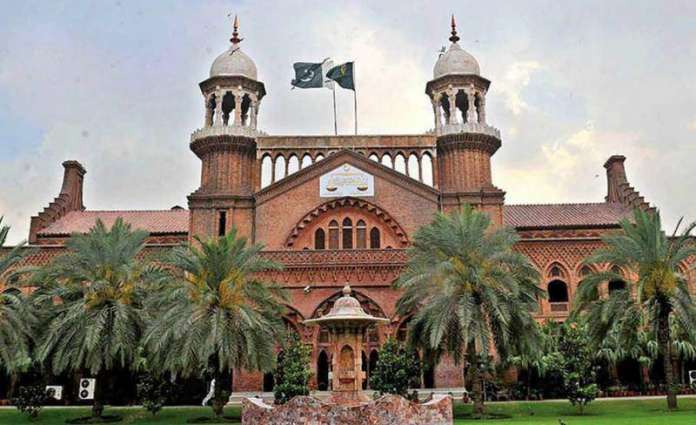LAHORE: From the platform of All Pakistan Textile Mills Association (APTMA), more than 50 textile exporters have filed a petition in the Lahore High Court (LHC) against the Lahore Electric Supply Company (LESCO), Profit has learnt.
As per details, around 20 textile exporters on Friday moved to the LHC, seeking a stay order against LESCO, which had sent arrears-laden bills to the export-oriented sector with retrospective effect from Jan 1, 2019.
Appearing before the single bench of Justice Ayesha A. Malik, APTMA’s counsel Salman Akram Raja had argued that the power distribution companies “cannot charge arrears to the export-oriented sector (over and above the notified rate of 7.5cents/kWh) with retrospective effect, as it was against the country’s law”.
Following the proceedings on Friday, Justice Ayesha A Malik had reserved the verdict till Monday.
However, on Saturday, another 30 exporters moved to the court against LESCO after which LHC decided to take up APTMA petitions (on behalf of exporters) on Monday as well.
It may be noted that the Power Division, in contrast to the federal cabinet’s decisions, had increased electricity tariff to almost 13cents/Kwh for the export-oriented sector through inefficiency surcharges, including financial cost (FC) surcharge, Neelum Jhelum (NJ) surcharge, taxes, fixed charges and positive fuel adjustments (PFA) etc., applied retrospectively from January 1, 2019.
Agreeing with APTMA’s perspective, leading tax consultant and lawyer Dr Ikramul Haq told this scribe that imposition of any liability with retrospective effect was the sole prerogative of the parliament and that too by not offending any fundamental right guaranteed in the constitution.
“No other authors can raise/demand past or closed transactions. Any such act is against the law as well as a violation of fundamental rights,” Dr Haq said.
A textile miller from Lahore, who was also one of the petitioners, said if the power distribution companies wanted to charge the export sector over and above 7.5cents/kWh, then they could do it only with prospective effect, but it was unlawful to charge the same with retrospective effect.
“Unjustified billing of arrears on already closed transactions will result in industry closures, massive unemployment and large-scale bankruptcies,” he feared.
SOFTWARE FOR DISCOS
Meanwhile, sources have informed that the Power Information Technology Company (PITC), which recently developed a designated software to charge arrears to the export-oriented sector, has provided the said software to the distribution companies, instructing them to charge arrears retrospectively.
As LESCO bills are circulated before other DISCOs, it is expected that other distribution companies, including MEPCO, FESCO, GEPCO and IESCO, would also start charging arrears over and above 7.5cents/kWh with retrospective effect from January 1, 2019, in 12 equal instalments, from next month.
An official of the Faisalabad Electric Supply Company (FESCO), who wished not to be named, said if the DISCOs do not charge these arrears, they would not be able to survive.
He said the federal government had agreed to provide gas at $6.5/mmBtu and electricity at 7.5cents/kWh to the export-oriented sector and the Finance Division had provided around Rs24billion to SNGPL and SSGC to cover the costs in this regard.
“But when the Power Division asked the Finance Division to provide funds of around Rs100 billion to compensate for the subsidy being provided to the export sector, the latter had refused, citing lack of funds.”




